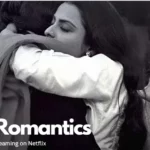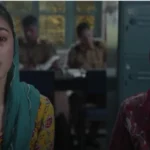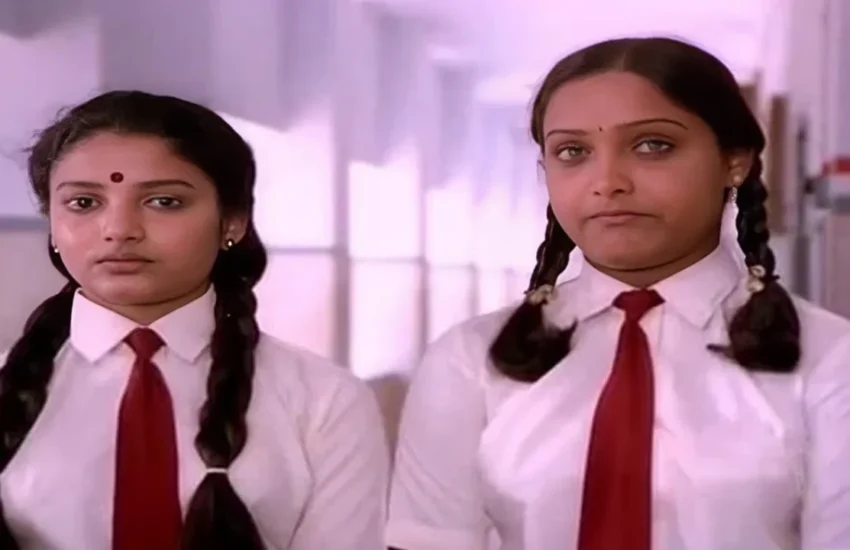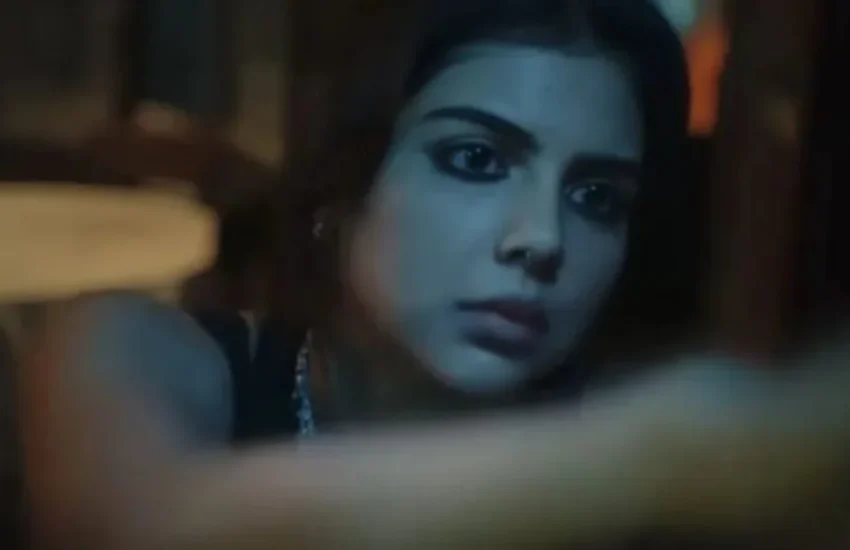What Went Wrong with Jigra? A Deep Dive Into Its Missed Potential
I finally watched Jigra on Netflix this week, and I have to say, it left me with mixed feelings. This was one of the most talked-about movies of the year—there was so much buzz before its release and with good reason. The concept is fascinating, the cast looked solid, and it had all the makings of something special.
But somewhere along the way, it just didn’t come together. The film didn’t do well at the box office, and now I see why. While the idea is intriguing and parts of it are executed beautifully—like the visuals and a few standout moments—it struggles to keep you hooked. The pacing feels uneven, the emotional moments don’t hit as hard as they should, and by the end, it feels like the film never fully lived up to its promise.
It’s frustrating because Jigra produced by Karan Johar clearly had the potential to be so much more. It’s one of those movies where you appreciate the ambition, but you can’t help but think, “This could’ve been great.”
Here are my thoughts on what went wrong with this Alia Bhatt starter.
1. A Missed Prison Break Thriller
Let’s be honest—there’s something inherently exciting about a prison break story. The suspense, the tension, the high stakes—everything about it screams gripping. But in Jigra, the plot doesn’t quite hit the mark. Instead of being a tight, edge-of-your-seat thriller, it ends up feeling scattered and, at times, chaotic.
The action sequences look great, no doubt about that, but they often feel over-the-top and out of place. The pacing doesn’t help either—it’s all over the place. And the moments that are supposed to hit hard just don’t land the way they should. It feels like the film couldn’t decide whether it wanted to be a slick action thriller or a deeper, more emotional drama. And in trying to do both, it ends up somewhere in the middle, not fully delivering on either front.
2. No Clear Perspective

One of the biggest issues with Jigra is that it doesn’t give us a strong perspective to latch onto. A story like this needs a clear point of view—someone we can root for, someone whose journey keeps us emotionally invested. Whether it was Satya’s story or her brother Ankur’s, choosing one central perspective could have made the film feel more focused and relatable.
But instead, the film juggles too many viewpoints, and that’s where it starts to lose us. When you’re dealing with themes like family loyalty, sacrifice, and a life-or-death jailbreak, having an emotional anchor is everything. Without it, Jigra ends up feeling like a collection of scenes stitched together, rather than a cohesive story you can get lost in.
3. Too Much Going On

Here’s the thing—Jigra’s storyline is packed. You’ve got Satya trying to break her brother out of prison while, at the same time, her brother and his gang are plotting their own jailbreak. On paper, this could have been really exciting. Two parallel plans? Double the tension, right? But in reality, it just adds to the confusion.
There’s so much happening all at once that the film struggles to keep everything balanced. The constant switching between different threads kills the tension and makes it hard to stay engaged. Instead of feeling like everything is building up to a big, satisfying payoff, it ends up feeling like a jumble of disconnected plot points that don’t quite come together.
4. Alia Bhatt’s Stunts Over Story

Let me say this upfront—Alia Bhatt does a great job as Satya. She brings a lot of conviction to the role and clearly gives it her all. But here’s the problem: the film leans too much on her action sequences. Don’t get me wrong, the stunts are impressive, and Alia absolutely nails them, but they end up overshadowing the story.
It feels like the filmmakers were so focused on showcasing Alia’s physicality and those high-octane moments that they forgot to give her character the emotional depth the story needed. Instead of exploring deeper themes like family bonds, sacrifice, and loyalty, the film gets caught up in the spectacle. The stunts are fun to watch, sure, but they start feeling more like a selling point than something that moves the story forward.
5. Everything Else is Spot On But…
Now, I don’t want to sound like Jigra is all bad—because it isn’t. There are plenty of things the film gets right. The performances, for one, are solid across the board. Alia Bhatt carries the film well, and the supporting cast does a great job, too.
The visuals are another big win—there are some absolutely stunning shots that make the film look gorgeous. And the music? While it doesn’t necessarily steal the show, it does a great job of complementing the mood and atmosphere.
That’s what makes Jigra so frustrating—it has all the right pieces, but they just don’t come together the way they should.
So, What Went Wrong With Jigra?
At the end of the day, Jigra is one of those films that had everything going for it—an intriguing concept, a talented cast, and a promising setup. But the execution just didn’t match the ambition. The scattered storytelling, lack of focus, and emphasis on style over substance hold it back from being the great film it could have been.
It’s not a bad movie by any means—it’s just a missed opportunity. And sometimes, that’s even more disappointing. Hopefully, the filmmakers take what they’ve learned here and come back with something even better.
What did you think of Jigra? Did it work for you, or did you feel the same way? Let me know your thoughts!

I can’t stop talking about films, so I blog!
I started The FourthWall, my film blog, to share my thoughts on films and shows with fellow movie buffs, and over the years it has become my happy place. Come join in for some interesting conversations on cinema… and sometimes books and fashion!








